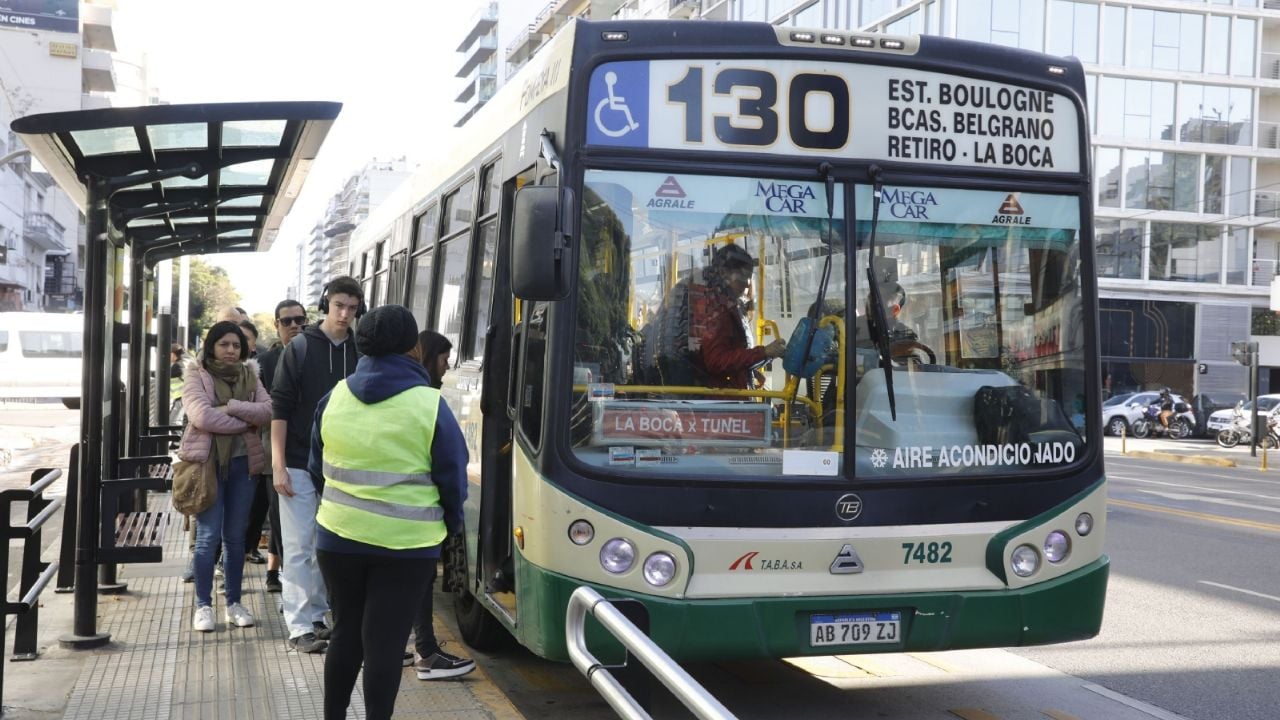The tension between the national government and the Autonomous City of Buenos Aires (CABA) reached a new high point. The Minister of Economy, Luis Caputo, confirmed that the national government will stop subsidize to buses operating in the capital from September 1.
In addition, Caputo revealed that he had a conversation with former President Mauricio Macri to discuss compliance with the Supreme Court ruling on co-participation. The decision to eliminate the subsidies to the groups in CABA has generated a strong controversy.
According to Caputo, this measure seeks to equalize the situation of the capital with that of the provinces, which are already responsible for managing local transport, defining fares and determining the percentage of subsidies. “Since I arrived, I have had all the governors asking why we continue to subsidize the people of Buenos Aires,” said Caputo in an interview with Jonatan Viale.
The head of the Buenos Aires City Government, Jorge Macri, responded publicly to this decision, warning that the elimination of subsidies will lead to the collapse of transport companies or an increase in fares that citizens will not be able to absorb.

Macri stressed that the national administration is transferring a significant financial burden to the city, which could have serious consequences for public transport users. Another issue that has generated friction between the national government and CABA is compliance with the Supreme Court ruling on federal revenue sharing.
The Court ordered the national government to pay CABA 2.95% of the revenue sharing funds, a decision that has been the subject of debate and controversy. Caputo assured that the national government is complying with the ruling and revealed that he had a conversation with former President Mauricio Macri to explain the situation.

Adjustment
The elimination of the subsidies The debate on public transport and the co-participation debate have generated diverse reactions among political actors and citizens. On the one hand, some provincial governors have supported Caputo’s measure, arguing that it is fair that CABA assumes the same responsibility as the provinces in the administration of public transport.
On the other hand, critics point out that this decision could aggravate the inequalities between the capital and the rest of the country, and negatively affect public transport users in CABA. The tension between the national government and CABA is framed in a complex political and economic context.


















